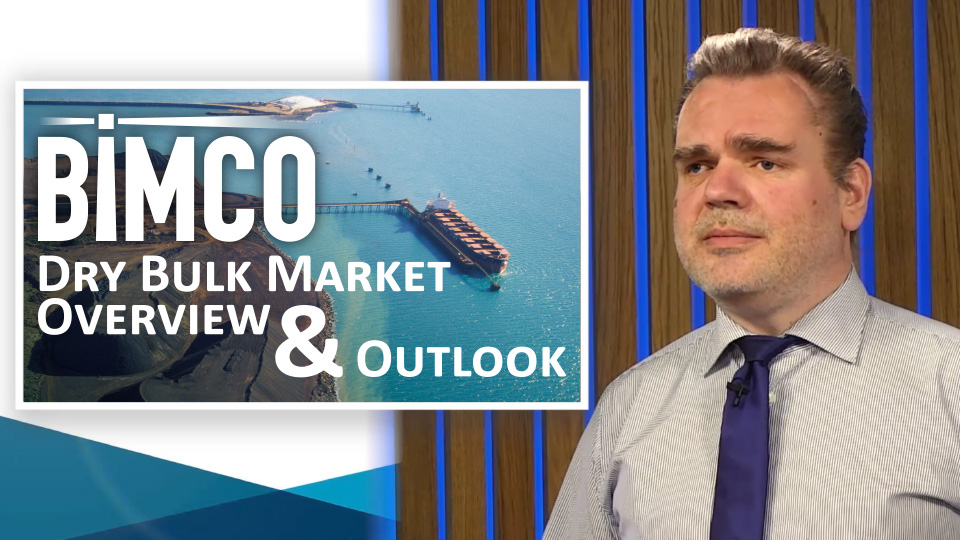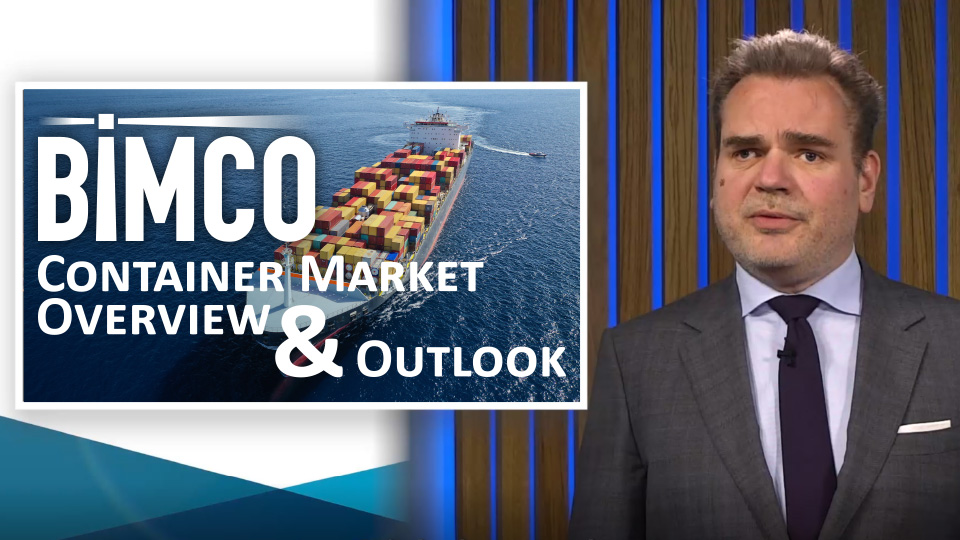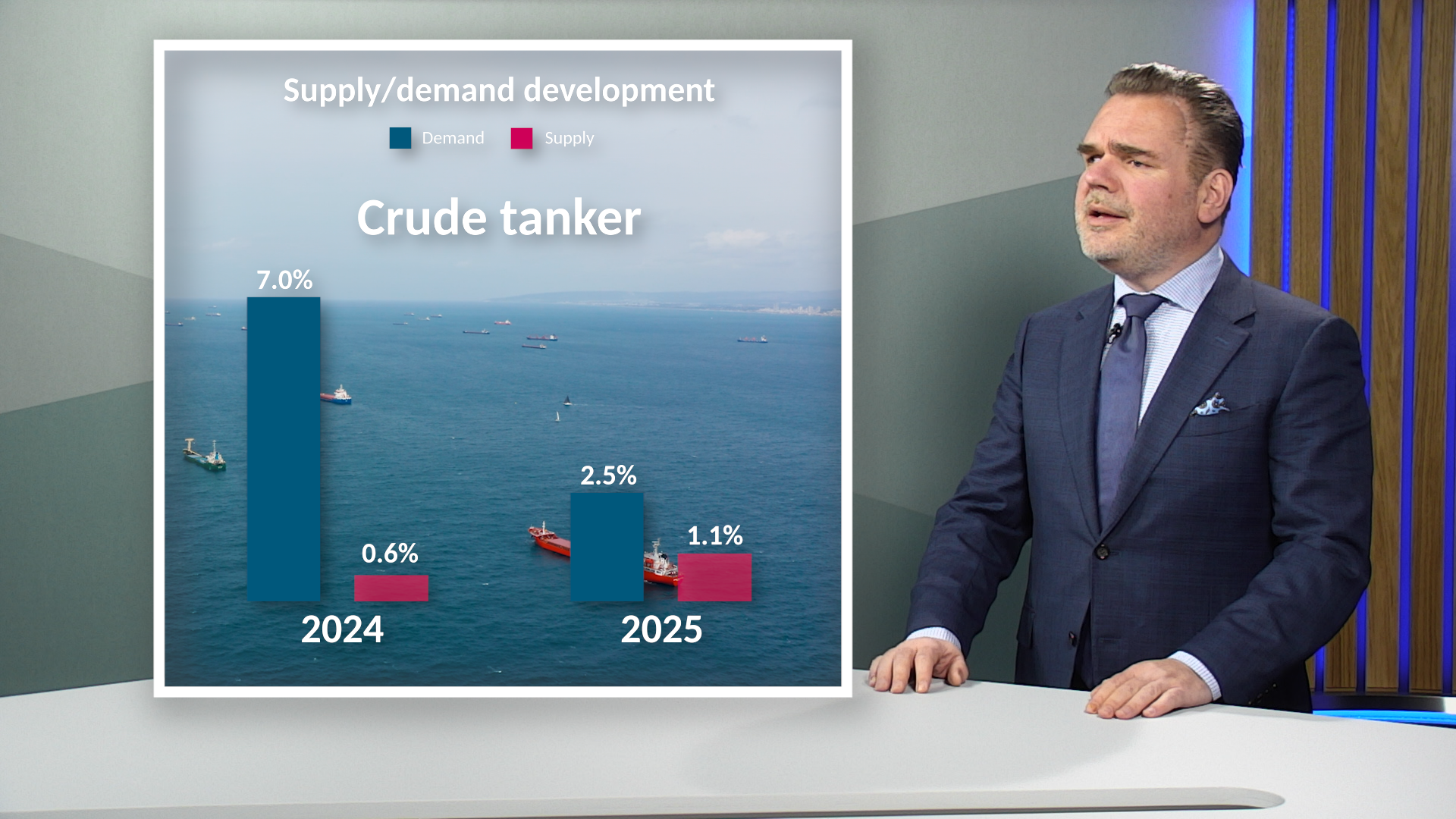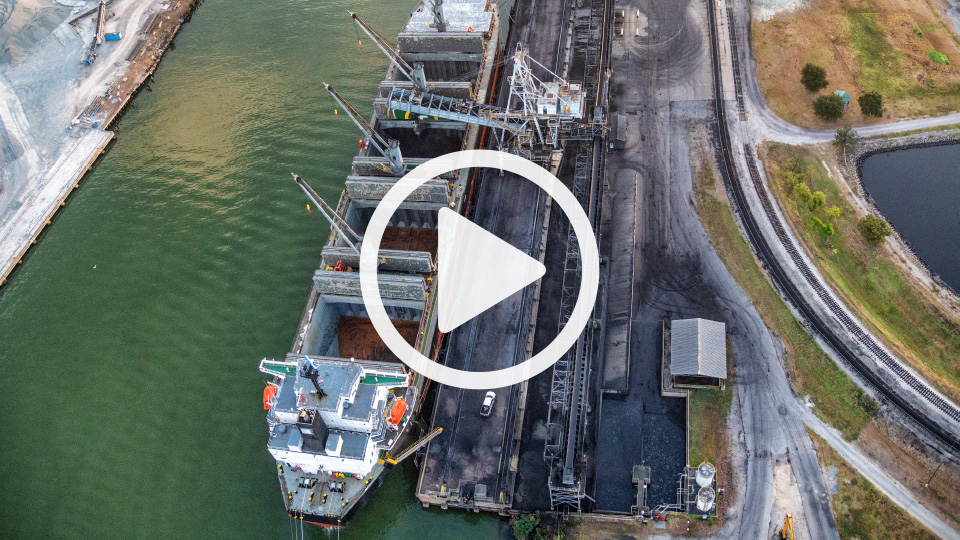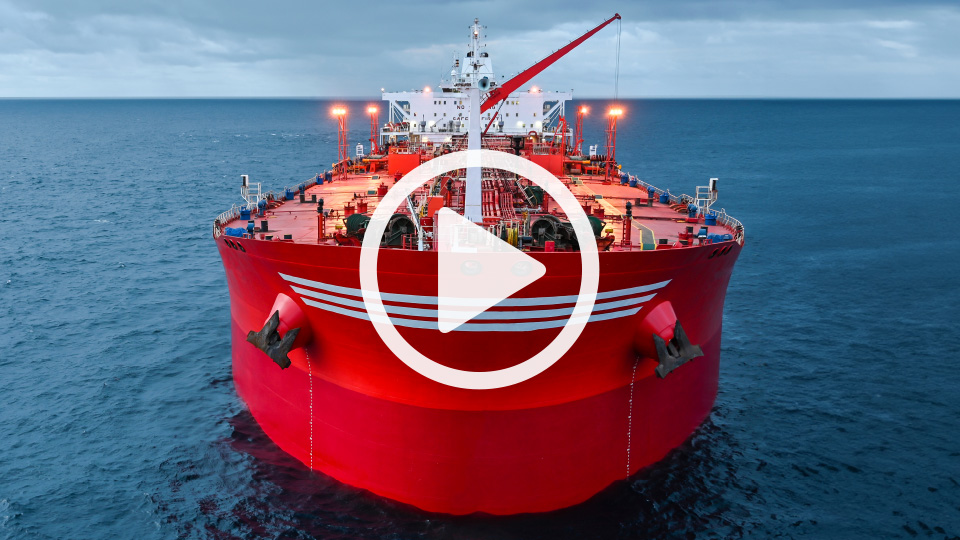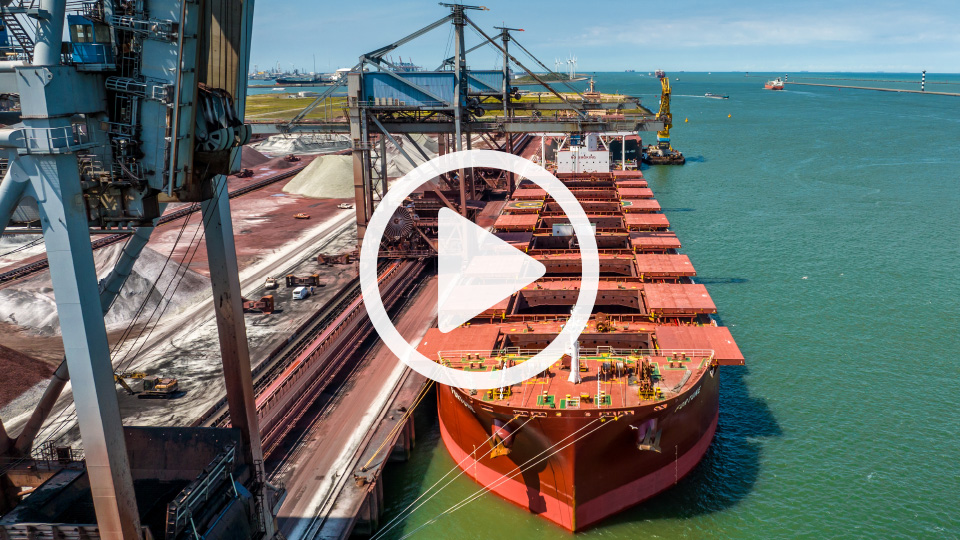Please select a reason for contacting BIMCO from the list above to find the best contact number
Market analysis
-
Dry Bulk Shipping Market Overview & Outlook April 2024
Normalisation of ship routings could cool dry bulk market
-
Container Shipping Market Overview & Outlook March 2024
Red Sea attacks temporarily increase demand for ships
-
Tanker Shipping Market Overview & Outlook February 2024
Market strengthens despite slowing oil demand growth
-
Dry Bulk Shipping Market Overview & Outlook January 2024
Energy transition curbs demand growth
-
Tanker Shipping Market Overview & Outlook Q4 2023
Growing oil market imbalances drive tanker improvements
-
Dry Bulk Shipping Market Overview & Outlook Q4 2023
Muted fleet growth helps maintain market balance

